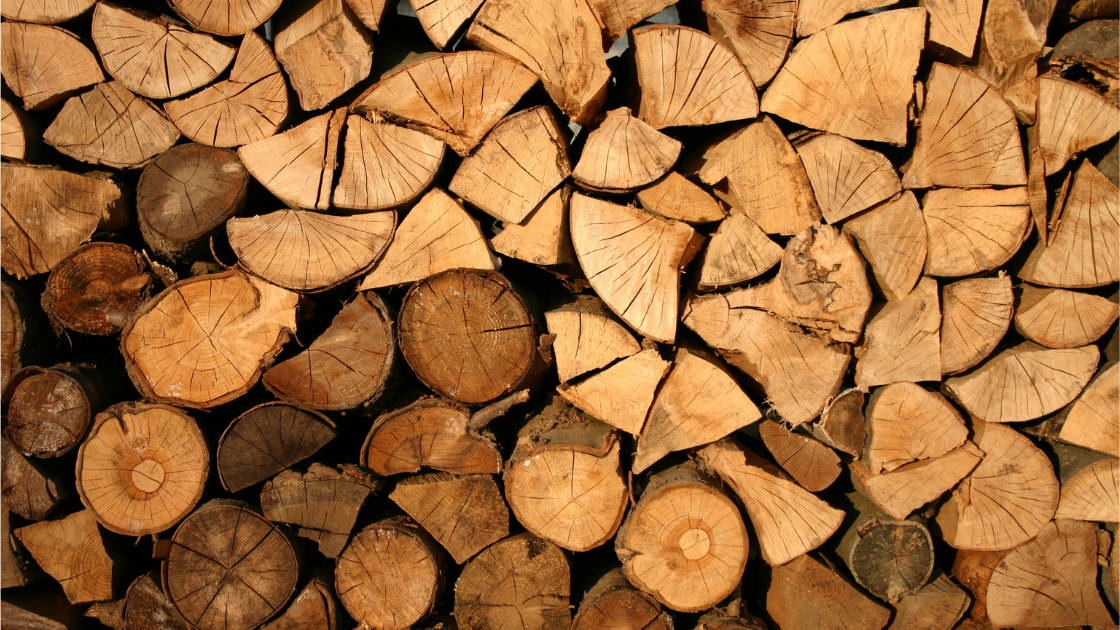
The Best Type of Wood to Use on an Outdoor Pizza Oven
Time to read 2 min
Time to read 2 min
Crafting the ideal pizza is a true art form. It involves meticulous steps, from carefully kneading and stretching the dough to selecting the perfect toppings, ensuring the pizza is as visually appealing as it is delicious. The journey to pizza perfection begins with the choice of fuel for your outdoor pizza oven. While gas and electricity are viable options for heating an outdoor pizza oven, nothing compares to the unique smoky flavor imparted by wood. But the question arises: which wood type is optimal for an outdoor pizza oven?
This article delves into the crucial factors to consider when choosing the right wood for crafting mouth-watering pizzas.
Exploring Wood Varieties for Outdoor Pizza Ovens
Hardwoods
Characterized by their density, hardwoods burn longer and hotter with minimal flames. This wood type is ideal for pizza cooking, offering the perfect heat and enhancing the pizza’s flavor with minimal risk of sparks or smoke, thanks to its low sap content.
Preferred hardwoods for pizza ovens include oak, hickory, and cherry. These woods infuse pizzas with a robust smoky taste unattainable with gas or electricity. Their slow-burning nature ensures consistent oven temperatures.
Softwoods
In contrast, softwoods like cedar and pine burn rapidly with a bright flame but fall short in generating sufficient heat for pizza cooking. Their best use is as kindling to ignite the fire rather than as the primary fuel.
It's crucial to avoid treated wood or chemically infused lumber, as these can release harmful toxins when burned.
Fruit Woods
Fruit woods, such as apple, peach, and pear, are viable choices for pizza ovens, offering a unique flavor profile. However, their quick burning requires careful management to avoid overwhelming the pizza with smoke.
These woods impart a milder, sweeter smoke compared to hardwoods. However, their softer nature means they burn out faster and produce lower temperatures, posing a challenge in cooking pizzas evenly.
Weighing the Pros and Cons of Each Wood Type
Hardwood: Pros - Slow burning for intense flavor and higher temperatures. Cons - Typically more costly than softwoods.
Softwood: Pros - More affordable and readily available. Cons - Fast burning, unsuitable for effective pizza cooking.
Fruit Wood: Pros - Adds a unique, sweet smoke flavor. Cons - Rapid burning, lower temperatures, challenging for proper pizza cooking.
Selecting the Ideal Wood for Your Pizza Oven
Choosing the best wood for your outdoor pizza oven is a balance of budget and taste preferences. Hardwoods, though pricier, ensure superior flavor and cooking quality. Softwoods are budget-friendly but inefficient for pizza cooking. Fruit woods offer a distinct sweet smoke but require careful handling due to their quick burning nature.
Ultimately, the choice of wood hinges on personal taste. However, for an unmatched flavor and consistent cooking experience, hardwoods like oak, hickory, and cherry are recommended. These woods promise an intense smoky flavor that elevates your pizza from merely tasty to visually and gastronomically stunning.